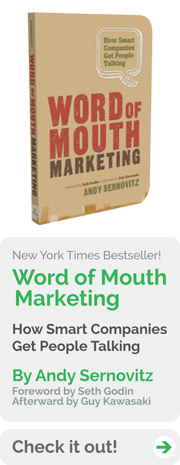This is a guest post by Greg Link based on the big ideas from the new book he’s co-authored with Stephen M. R. Covey, Smart Trust: Creating Prosperity, Energy, and Joy in a Low-Trust World.
Smart Trust generates reciprocity.
Counterintuitively, the best way to get trust is to give it. When we give trust to people, they tend to give it back. When we withhold trust, they withhold it in return. In teams and organizations, giving trust manifests in greater employee engagement and retention, deeper customer loyalty, and increased referrals — the ultimate word of mouth.
But how do you generate trust and reciprocity? Three steps:
First, declare your intent . . . and assume positive intent in others.
Signal goals and intended actions — both what and why — clearly in advance and generally assume that others also have good intent and want to be worthy of trust.
We tend to judge ourselves by our intent and others by their observable behavior. Therefore, when people distrust us, it’s most often because of the conclusions they have drawn about what they’ve seen us do. By declaring our intent — both the what and the why — we can actively influence the conclusions others draw and, therefore, increase the probability that we’ll gain and keep their trust and trigger reciprocity.
Declaring intent increases trust in a number of ways. It creates context. It inspires hope. It’s authentic and transparent, which connects us with people not only intellectually but also emotionally. It gives us the confidence that we are acting intentionally and with purpose. It encourages reciprocity. It facilitates and accelerates the achievement of our goals. It shows respect for others and involves them in the process. It typically causes people to listen to us more fully and with greater empathy.
When we do not declare our intent, we leave others to guess or to wonder, “Where is she going with this?” “What is he up to?” This fear of the unknown at worst causes confrontation and at best impairs the ability of others to listen openly to what is being said.
Second, do what you say you’re going to do.
Follow through and act to carry out your declared intent; walk your talk.
The reason doing what you say you’re going to do makes such a huge difference in your success or your organization’s success is that keeping promises is the ultimate reputation creator. It defines your personal brand. It defines your company’s brand. And brand has never been more important than it is in today’s reputation economy, where doing what we say we’re going to do — or not — can make or break it. A trusted brand dramatically speeds up positive word of mouth referrals.
Lastly, lead out in extending trust to others.
Be the first to extend trust and initiate the upward virtuous cycle that leads to prosperity, energy, and joy.
Leaders who deliberately extend trust typically find the people in their organizations and their customers far more willing to place trust in them and their leadership. Thus the reciprocal process becomes a virtuous upward cycle, all triggered by that first extension (sometimes leap) of trust.
We are talking about Smart Trust, not blind trust. Smart Trust requires judgment. It’s an integral combination of the wisdom of heart and head — a synergy between the propensity to trust and analysis that is far greater than the sum of its parts. There are few experiences in life that provide the energy and joy we feel when we know we’ve made a significant difference in the lives of others by extending trust.
About Greg Link
Greg Link is cofounder of CoveyLink, FranklinCovey’s Global Speed of Trust Practice, and the former Covey Leadership Center. A trusted executive confidant, advisor, and compelling speaker, Link is a recognized authority on trust, leadership, sales, marketing, and high performance. He led the strategy that propelled Covey's father's book, The "7 Habits of Highly Effective People," to be one of the two most influential business books of the 20th century.
- Web |
- More Posts(2)


